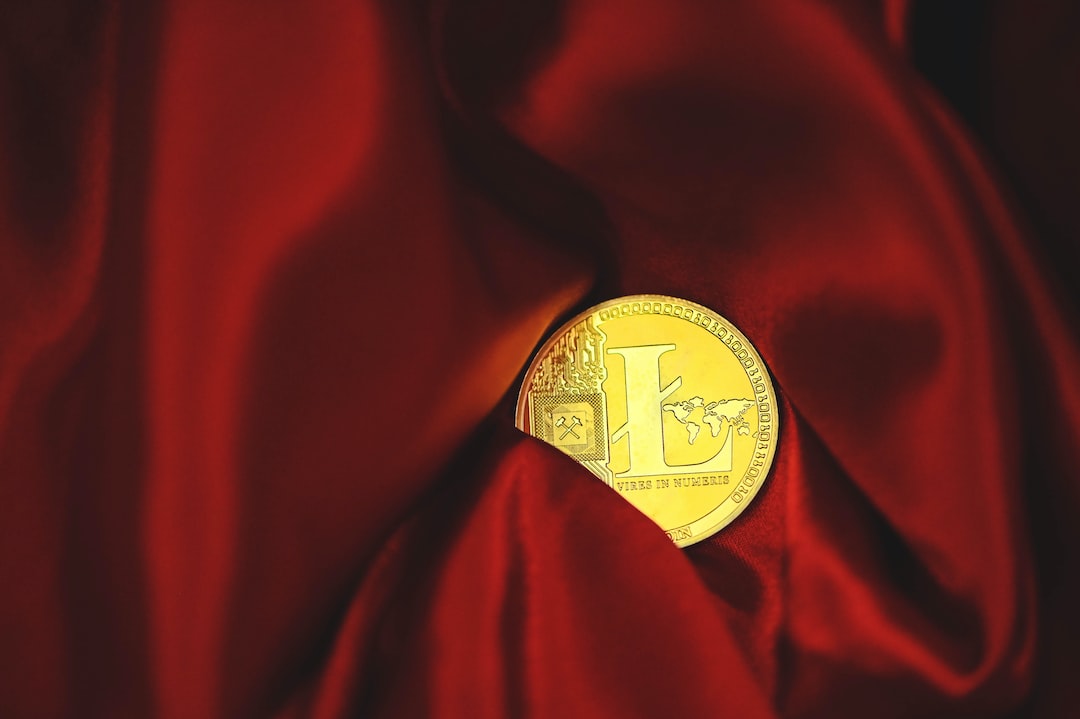Planet-Scale Image Geolocalization: A Significant Challenge in Computer Vision
Identifying the geographical location of an image on a global scale is a difficult task in computer vision. Traditional methods struggle to generalize to unfamiliar locations, focusing primarily on landmark images. This challenge is highlighted by the popular game “Geoguessr,” which tasks players with identifying the location of a Street View image from anywhere in the world.
PIGEON and PIGEOTTO: Advancements in Image Geolocalization Technology
Researchers from Stanford University have developed two innovative models, PIGEON and PIGEOTTO, that significantly advance image geolocalization technology. PIGEON is trained on planet-scale Street View data and can accurately predict geographic locations, placing over 40% of its predictions within a 25-kilometer radius of the correct location globally. It has even outperformed top human players in Geoguessr.
In contrast, PIGEOTTO is trained on a diverse dataset of over 4 million photos from Flickr and Wikipedia, achieving state-of-the-art results on various image geolocalization benchmarks. It demonstrates robustness to location and image distribution shifts.
Sophisticated Methodologies for Improved Accuracy
The technical backbone of these systems includes sophisticated methodologies such as semantic geocell creation, multi-task contrastive pretraining, a novel loss function, and downstream guess refinement. These methods contribute to minimizing distance errors and improving the accuracy of geolocalization predictions.
Ethical Considerations and Future Implications
While these advancements are significant, they also raise important ethical considerations. The precision and capabilities of image geolocalization technologies have both beneficial applications and potential for misuse. Therefore, a careful balance is necessary in their development and deployment.
Hot Take: PIGEON and PIGEOTTO: A Leap in Image Geolocalization Technology
PIGEON and PIGEOTTO represent a major leap in image geolocalization technology. They achieve state-of-the-art results and demonstrate adaptability to distribution shifts. These advancements highlight the importance of technological innovations and point to the potential future of image geolocalization technologies, whether on a planet-scale or focused on specific distributions.
Blount Charleston stands out as a distinguished crypto analyst, researcher, and editor, renowned for his multifaceted contributions to the field of cryptocurrencies. With a meticulous approach to research and analysis, he brings clarity to intricate crypto concepts, making them accessible to a wide audience.

